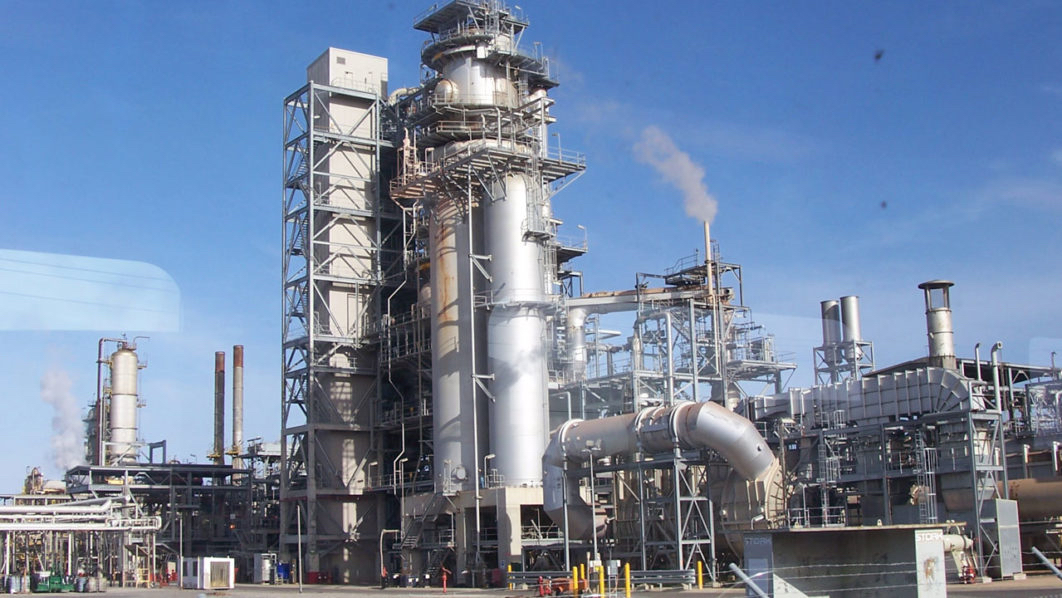The Nigerian Upstream Petroleum Regulatory Commission (NUPRC) has actively engaged crude oil producers to ensure steady feedstock for local refineries, including the soon-to-launch Dangote refinery. NUPRC’s Chief Executive, Mr. Gbenga Komolafe, highlighted the criticality of this initiative at a meeting in Abuja, citing the Petroleum Industry Act (PIA), which mandates producers to meet domestic needs.
Komolafe emphasized the importance of self-sufficiency, pointing out Nigeria’s paradoxical status as both a major oil producer and a net importer of refined products. The successful execution of domestic refining obligations, he noted, could positively influence the country’s economy and the cost of refined products.
Under the PIA, the NUPRC ensures producers adhere to the Domestic Crude Supply Obligation (DCSO), which facilitates crude availability for refineries. Komolafe clarified that the NUPRC if faced with a supply shortage, would mediate contract negotiations to bridge the gap.
According to a report by This Day Live, he affirmed that crude would be allocated to operational, licensed companies, considering international market prices. Producers must disclose existing agreements with refineries, and the NUPRC will enforce sanctions for non-compliance, though Komolafe stressed that penalties are not the focus but rather the nation’s interest in the law’s application.
The meeting addressed concerns about currency for transactions and specific crude types for certain refineries. Komolafe reassured that as a “willing buyer, willing seller” market, the NUPRC would help resolve any disputes and is more concerned with fulfilling supply obligations than contract prices.
This initiative by the NUPRC is part of Nigeria’s broader strategy to boost domestic refining capabilities, positioning the country as a net exporter of refined products and avoiding the “national shame” of failing to supply the operational Dangote refinery, poised to be Africa’s largest.



